Why Thai Ginger Spice Should Be Your Secret Kitchen Weapon (And How to Use It)
Table of Contents
- Introduction: The Zesty Heart of Thai Cuisine
- What is Thai Ginger Spice?
- A Dash Through Time: History and Origins
- Thai Ginger Spice in Culinary Delights
- Health Benefits That’ll Make You Smile
- Buying Guide: Choosing the Best Thai Ginger Spice
- 5 Creative Ways to Cook with Thai Ginger Spice
- Frequently Asked Questions
- Conclusion: Spice Up Your Life!
Introduction: The Zesty Heart of Thai Cuisine
If you’ve ever bitten into a steaming bowl of Tom Kha Gai or savored the sharp kick of a green curry, chances are you’ve met Thai ginger spice—whether you knew it or not. This aromatic root isn’t just a flavor booster; it’s the secret weapon behind some of Thailand’s most iconic dishes.
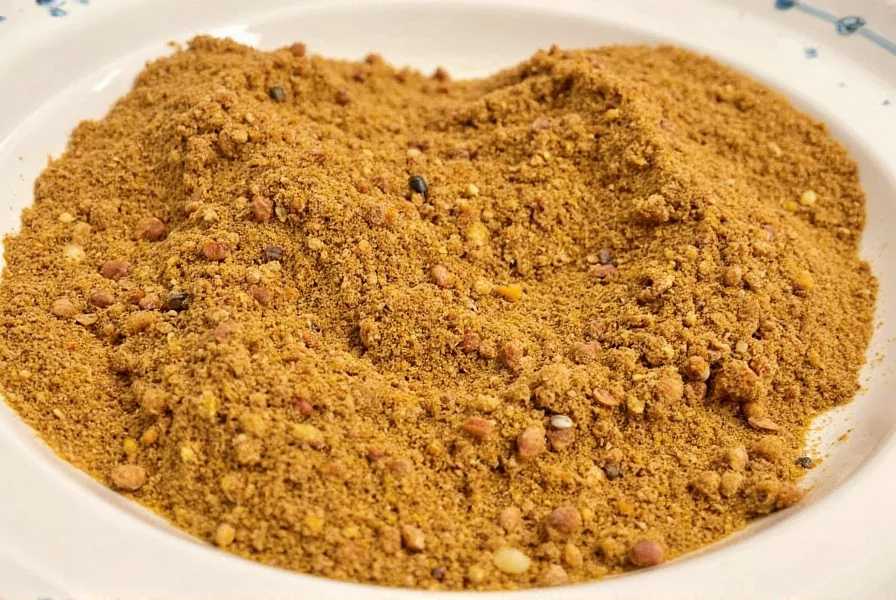
In this article, we’ll uncover what makes Thai ginger so special, how to use it in everyday cooking, and why it deserves a permanent home on your spice rack—or in your fridge, if you’re using fresh roots!
What is Thai Ginger Spice?
Thai ginger, also known as galangal, is often confused with its more common cousin, regular ginger (Zingiber officinale). But while both are rhizomes used in cooking, they're quite different in taste, texture, and usage.
| Thai Ginger (Galangal) | Regular Ginger | |
|---|---|---|
| Taste | Sharp, piney, peppery | Sweet-spicy, warm |
| Texture | Harder, less fibrous | Softer, stringy when raw |
| Common Dishes | Tom Kha, Green Curry, Thai soups | Gingerbread, stir-fries, teas |
| Scientific Name | Alpinia galanga | Zingiber officinale |
The key takeaway? Thai ginger brings a uniquely bold character to Southeast Asian cuisine that can't be replicated by regular ginger.
A Dash Through Time: History and Origins
Thai ginger has been part of traditional medicine and cooking in Thailand for centuries. Known locally as kha, it plays a starring role in both daily meals and ceremonial offerings.
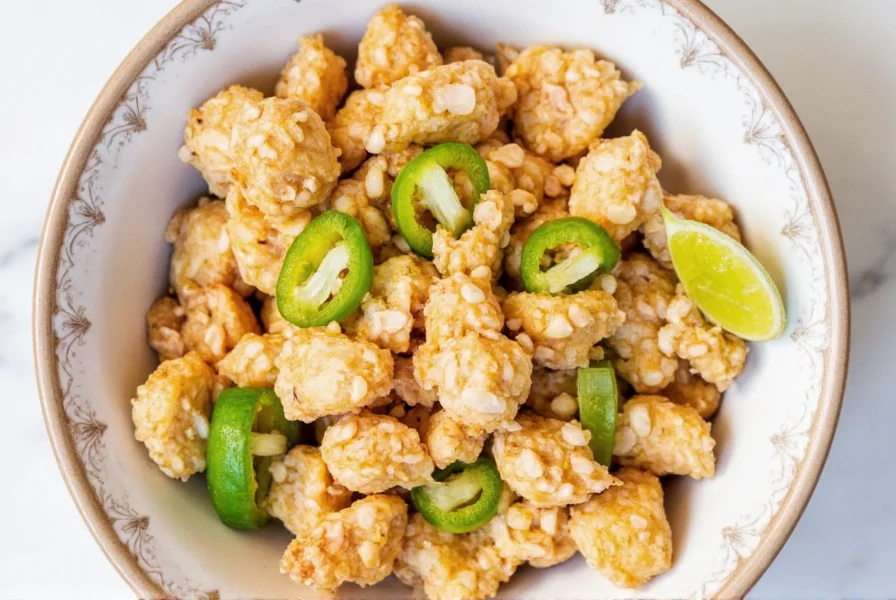
Used not only for flavor but also for its purported health benefits, Thai ginger was believed to aid digestion, reduce inflammation, and even ward off evil spirits in ancient times. Talk about a multitasking spice!
Thai Ginger Spice in Culinary Delights
From street food stalls to five-star restaurants, Thai ginger is a staple ingredient in many classic dishes. Here’s where it shines brightest:
- Tom Kha Soup: A creamy coconut broth with lemongrass and kaffir lime leaves—Thai ginger adds a punch of earthiness.
- Green Curry: Blended into the paste, Thai ginger gives the curry its signature bite.
- Musical Mussels: Stir-fried mussels with garlic, chili, and of course, a generous slice of kha.
- Thai-Style Stir-Fries: Adds depth to pad see ew and drunken noodles.
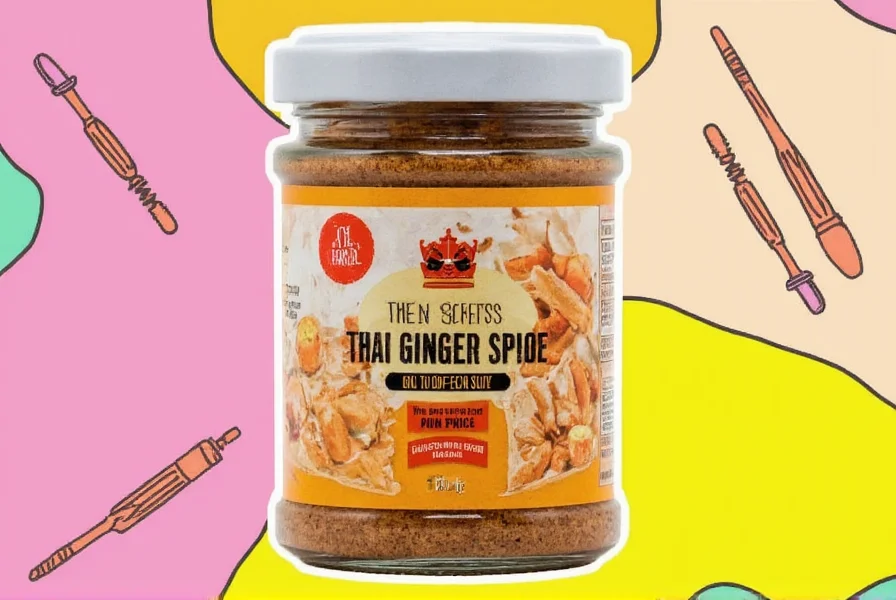
It’s not just for savory dishes either! In some regions, it's brewed into herbal teas or used in marinades for meats and seafood.
Health Benefits That’ll Make You Smile
Beyond flavor, Thai ginger is packed with compounds like galangin and flavonoids that offer real health perks:
- Anti-inflammatory: Helps reduce swelling and joint pain.
- Antibacterial: Fights harmful bacteria and boosts immunity.
- Digestive Aid: Soothes upset stomachs and eases bloating.
- Rich in Antioxidants: Protects cells from oxidative stress.
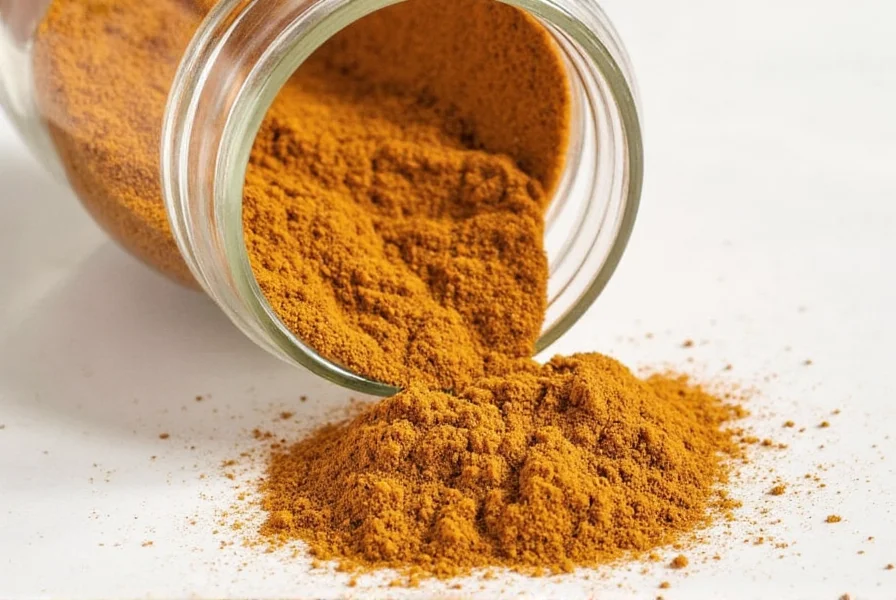
So next time you reach for that jar of galangal slices or fresh root, remember—you’re not just adding flavor, you’re boosting wellness too.
Buying Guide: Choosing the Best Thai Ginger Spice
Whether you’re shopping online or at your local Asian grocery store, knowing what to look for can make all the difference in flavor and performance. Here’s your go-to guide for picking the perfect Thai ginger product:
| Product | Type | Flavor Profile | Best For | Price Range |
|---|---|---|---|---|
| Krokot Brand Galangal Slices | Dried | Earthy, mildly spicy | Curry pastes, slow-cooked soups | $7–$10/oz |
| Maesri Thai Galangal Paste | Paste | Concentrated, sharp, aromatic | Quick curries, marinades | $9–$12/bottle |
| Fresh Galangal Root | Fresh | Robust, pine-like freshness | Traditional recipes, DIY spice blends | $4–$6/lb |
| Spice Garden Organic Thai Ginger Powder | Powder | Dry, pungent, slightly floral | Baking, seasoning blends | $8–$12/jar |
| Lakanto Galangal Seasoning Blend | Blended Spice | Bold, with hints of chili and citrus | Instant flavor boost, stir-fries | $10–$15/pack |
Features & Benefits Breakdown
- Krokot Brand Galangal Slices: Long shelf life, great for simmered dishes. Just soak before using!
- Maesri Thai Galangal Paste: Ready-to-use convenience without compromising flavor intensity.
- Fresh Galangal Root: Nothing beats the aroma and crispness of freshly sliced galangal.
- Spice Garden Organic Thai Ginger Powder: Perfect for spice racks and baking enthusiasts.
- Lakanto Galangal Seasoning Blend: Ideal for beginners who want instant Thai flair in their dishes.
5 Creative Ways to Cook with Thai Ginger Spice
Ready to get cooking? Try these easy yet impressive ideas to bring Thai ginger spice into your kitchen repertoire:
- Thai Ginger Honey Glazed Chicken: Marinate chicken thighs in galangal paste, soy sauce, and honey. Roast until golden and sticky—serve over jasmine rice.
- Coconut-Ginger Smoothie: Blend frozen mango, coconut milk, fresh Thai ginger juice, and lime for a tropical twist.
- Grilled Shrimp Skewers with Galangal Butter: Mix softened butter with minced Thai ginger and lime zest. Brush onto skewered shrimp and grill until done.
- Galangal-Infused Olive Oil: Simmer olive oil with thin slices of fresh galangal. Strain and drizzle over roasted vegetables or bread.
- Spiced Thai Iced Tea: Brew black tea with crushed galangal and star anise. Add sweetened condensed milk and ice—it’s divine!
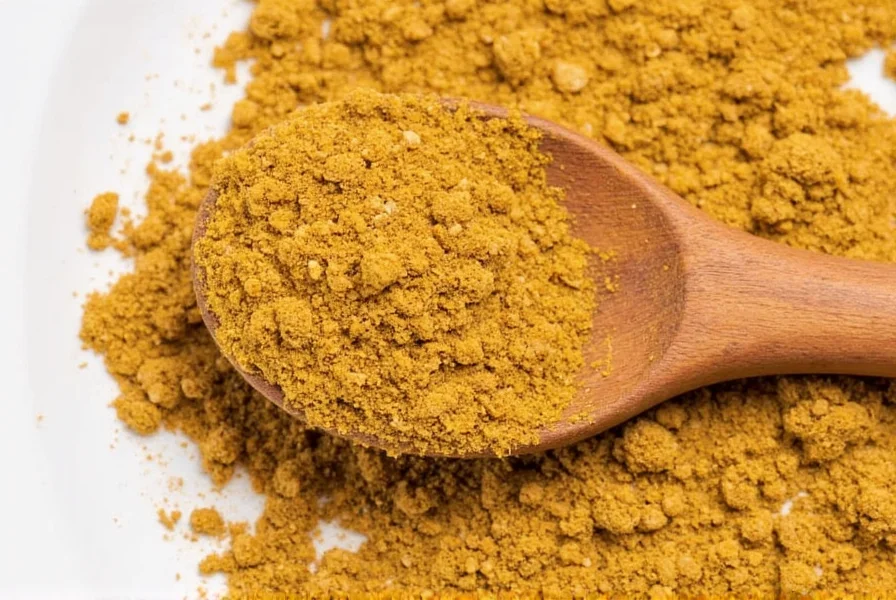
Frequently Asked Questions
Can I substitute regular ginger for Thai ginger?
You can in a pinch, but the flavor will be sweeter and less intense. Thai ginger has a sharper, more resinous profile that’s essential in authentic Thai dishes.
Where can I buy fresh Thai ginger root?
Look for it in Asian markets or specialty grocery stores. If unavailable, dried slices or pastes are excellent alternatives.
How do I store Thai ginger?
Fresh roots can be wrapped in plastic and stored in the fridge for up to two weeks. For longer storage, freeze them. Dried products should be kept in a cool, dark place.
Is Thai ginger spicy?
It’s not hot like chili peppers, but it has a bold, peppery warmth that lingers on the tongue. Think of it as “zingy” rather than “fiery.”
Conclusion: Spice Up Your Life!
Thai ginger spice—also known as galangal—is more than just a culinary curiosity. With its distinct flavor, cultural significance, and powerful health benefits, it’s a spice worth exploring whether you're a seasoned chef or a weekend cook.

Now that you know how to choose, store, and use it, why not experiment with a few new recipes this week? Who knows—you might just find your new favorite flavor hiding in plain sight.

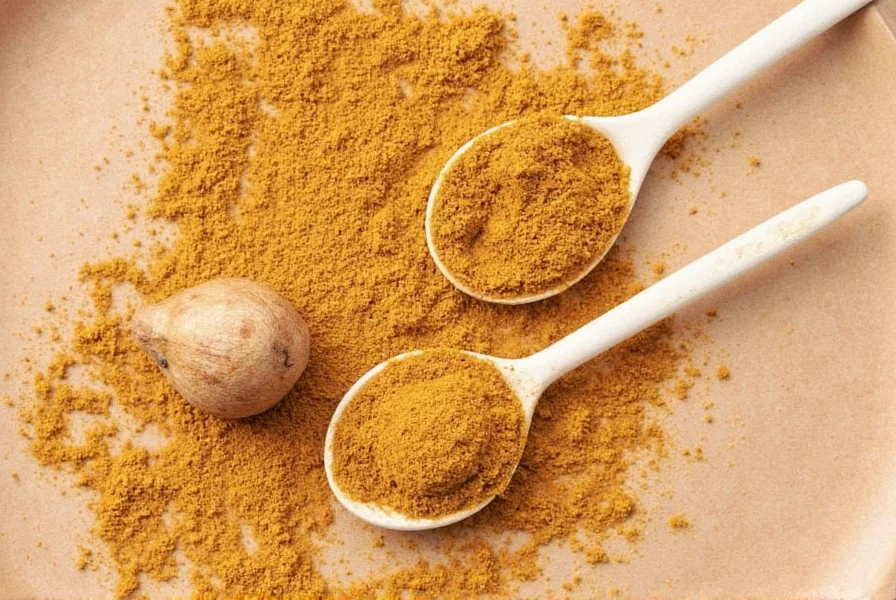









 浙公网安备
33010002000092号
浙公网安备
33010002000092号 浙B2-20120091-4
浙B2-20120091-4